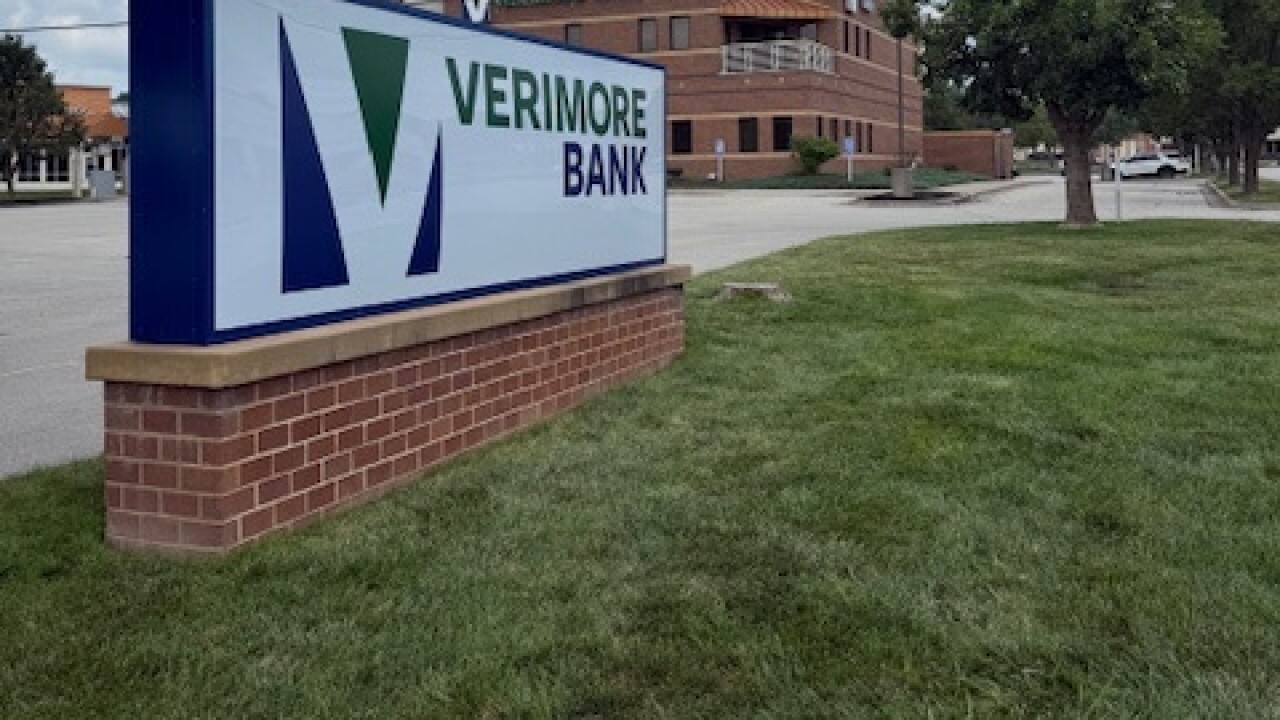Upromise Inc., the college savings company, has attracted "hundreds of thousands of new members" since its purchase last year by the college lender Sallie Mae, according to Upromise's president.
"Sallie is delivering members to us in a significant way," said David Rochon, the president of Newton, Mass.-based Upromise, which administers 529 college plans and runs consumer rewards programs that fund college savings.
SLM Corp., the student loan giant known as Sallie Mae, bought Upromise in August 2006 for $309 million, according to a Securities and Exchange Commission filing by Sallie. Upromise generated $51 million of fee income in the first half of 2007, according to Sallie's second-quarter earnings report.
"Strategically it was a natural fit," said Mr. Rochon, "and it has been well received by the people doing business with us. The deal was in essence a validation of our business model."
Upromise's rewards service lets its members save for college, including the option to funnel the rewards into 529 plans that the company administers, when they make purchases.
In February Upromise announced a program under which its 8 million customers can use rewards for purchases of products from the company's 550 vendor partners to pay down their Sallie Mae student loans. "Loan Link" is aimed at accelerating repayment by augmenting the regular student loan repayments.
Loan Link could seed Upromise with a steady stream of customers, Mr. Rochon said. The company's target market since it was founded six years ago had been young families with children, but Loan Link has expanded that to teenagers, college students, and recent college graduates.
"At some point in the future, they will have kids," said Mr. Rochon. "So we're looking at Sallie, which has 10 million loan holders, as being a driver of new members to our service."
The arrangement has helped Upromise grow from 7 million members when the Sallie Mae deal closed to 8 million now, he added.
"They have been tremendously successful," said Joe Hurley, the founder of Savingforcollege.com. "You see their logos everywhere, and the service is seamless."
Sallie Mae has also become a conventional Upromise rewards partner: The company contributes to customers' savings accounts when they take out its loans. In the last year Upromise has also grown as an administrator of 529 plans, a business it entered in 2003. It recently added North Dakota and Pennsylvania to the list of states for which it administers 529 programs. New York, Arkansas, Colorado, Iowa, Missouri, Nevada, and North Carolina were already on the list.
The company administers $18 billion of 529 plan assets, up from $10 billion in August 2006, a company spokeswoman said.
Upromise has done so well, in fact, that the leader of a competitor, Vesdia Corp.'s BabyMint, said he could envision the two businesses' combining.
"I could potentially see BabyMint and Upromise merging," said Peter Davis, the chief executive of Vesdia and founder of BabyMint. "We're not in discussions, but from a business school, case-study perspective, I could see it happening."
The company's white-label rewards program would be left out of such a deal, Mr. Davis said. He said BabyMint's customer base is approaching 1 million, and he said its rewards can be applied to 529 programs in any state.
BabyMint actually preceded Upromise in being owned by a college lender. In 2005 Vesdia sold the company to Collegiate Funding Services LLC and contracted to manage it. When CFS itself was bought a year and a half later, Vesdia bought back BabyMint, Mr. Davis said.
College savings plans tied to purchase rewards programs are beginning to catch on, Mr. Hurley said. Fidelity Investments has a 529 College Rewards MasterCard, he said, and in recent years, entrants such as FutureTrust and LittleGrad have started offering rewards as well.
The 529 product in general has steadily gained traction since legislation was enacted last September to remove an expiration date for the plans' tax break. Plan assets grew 8.5%, to $105.7 billion, in the fourth quarter of last year — the first three months after law was changed, according to a study released in May by the Investment Company Institute.





